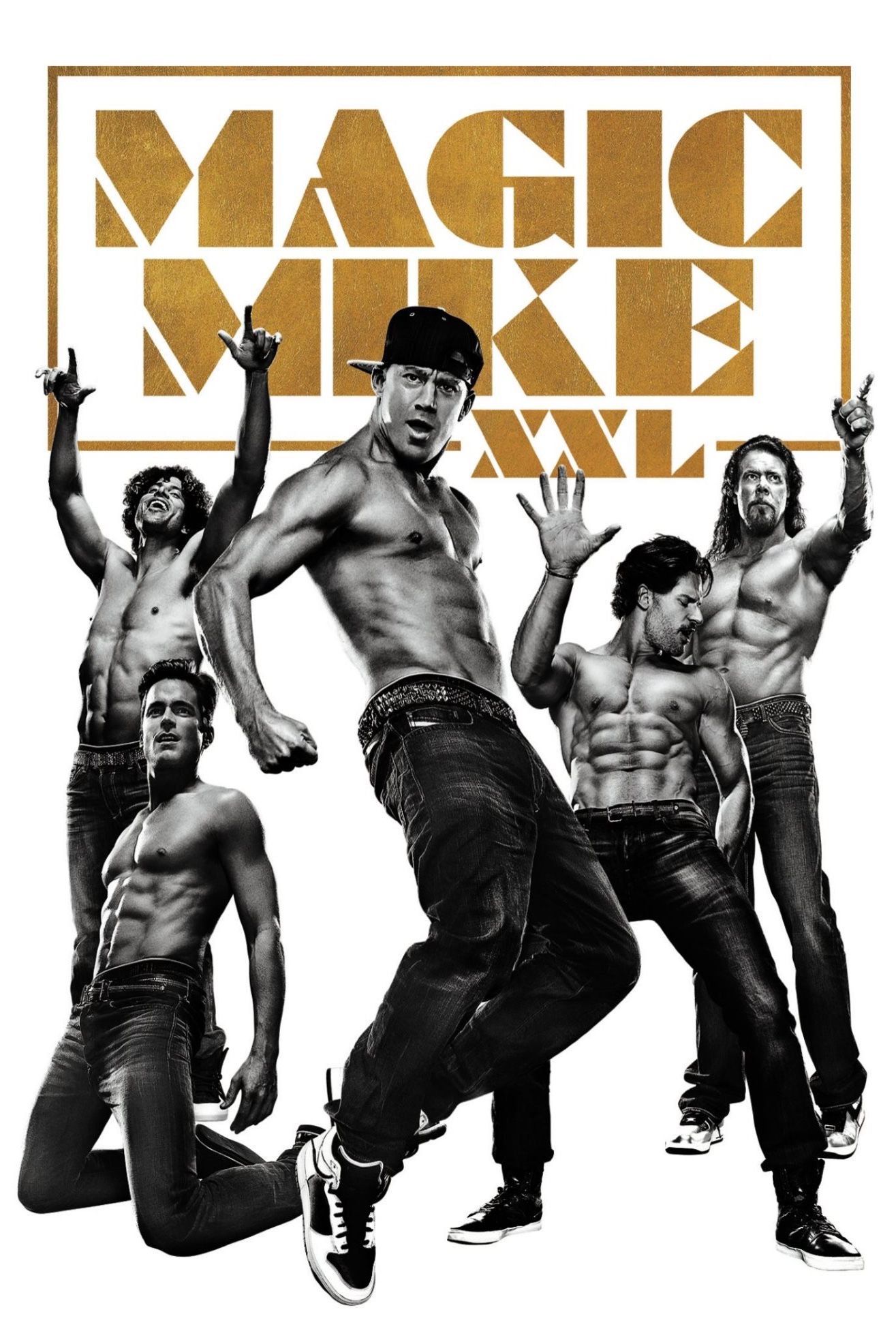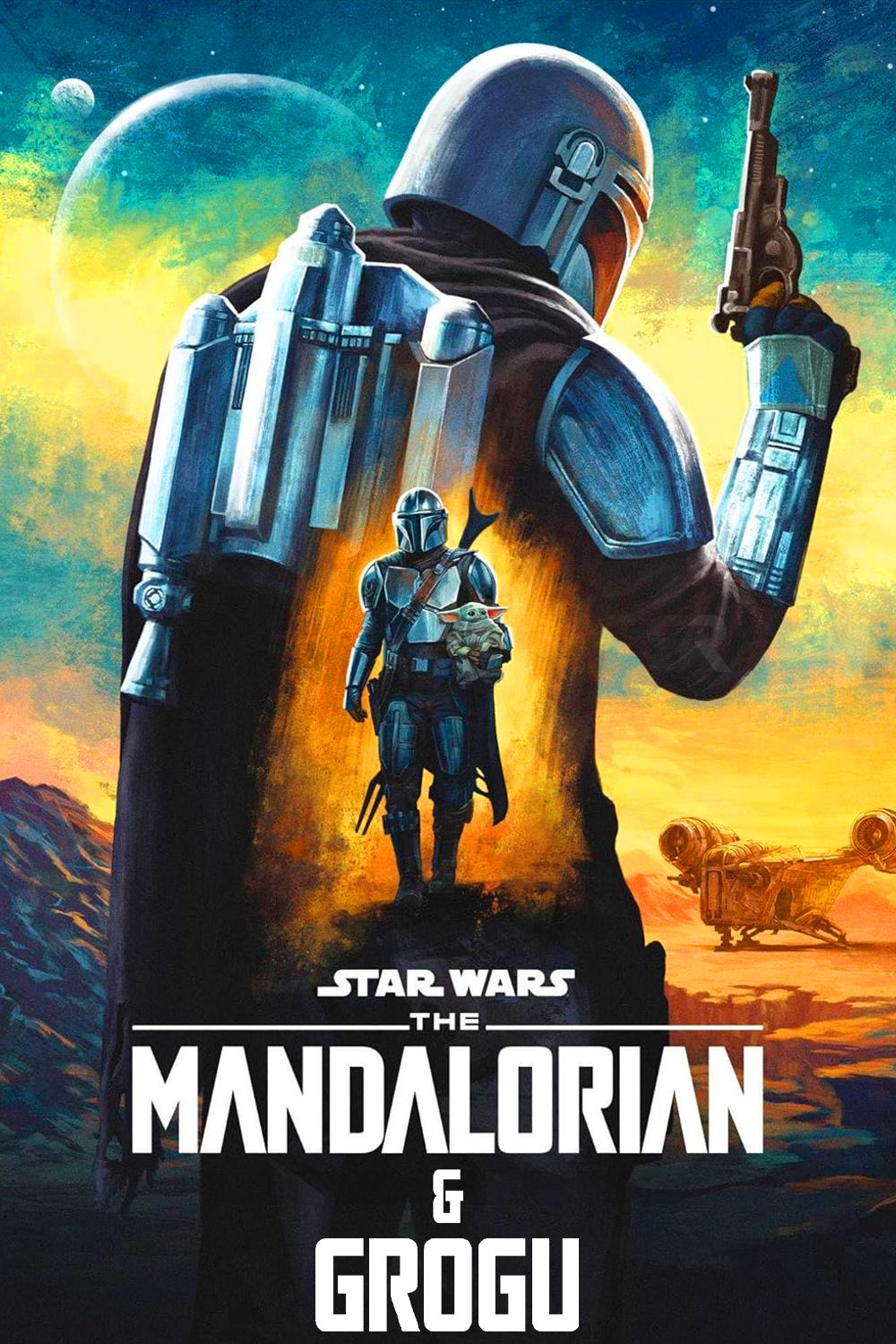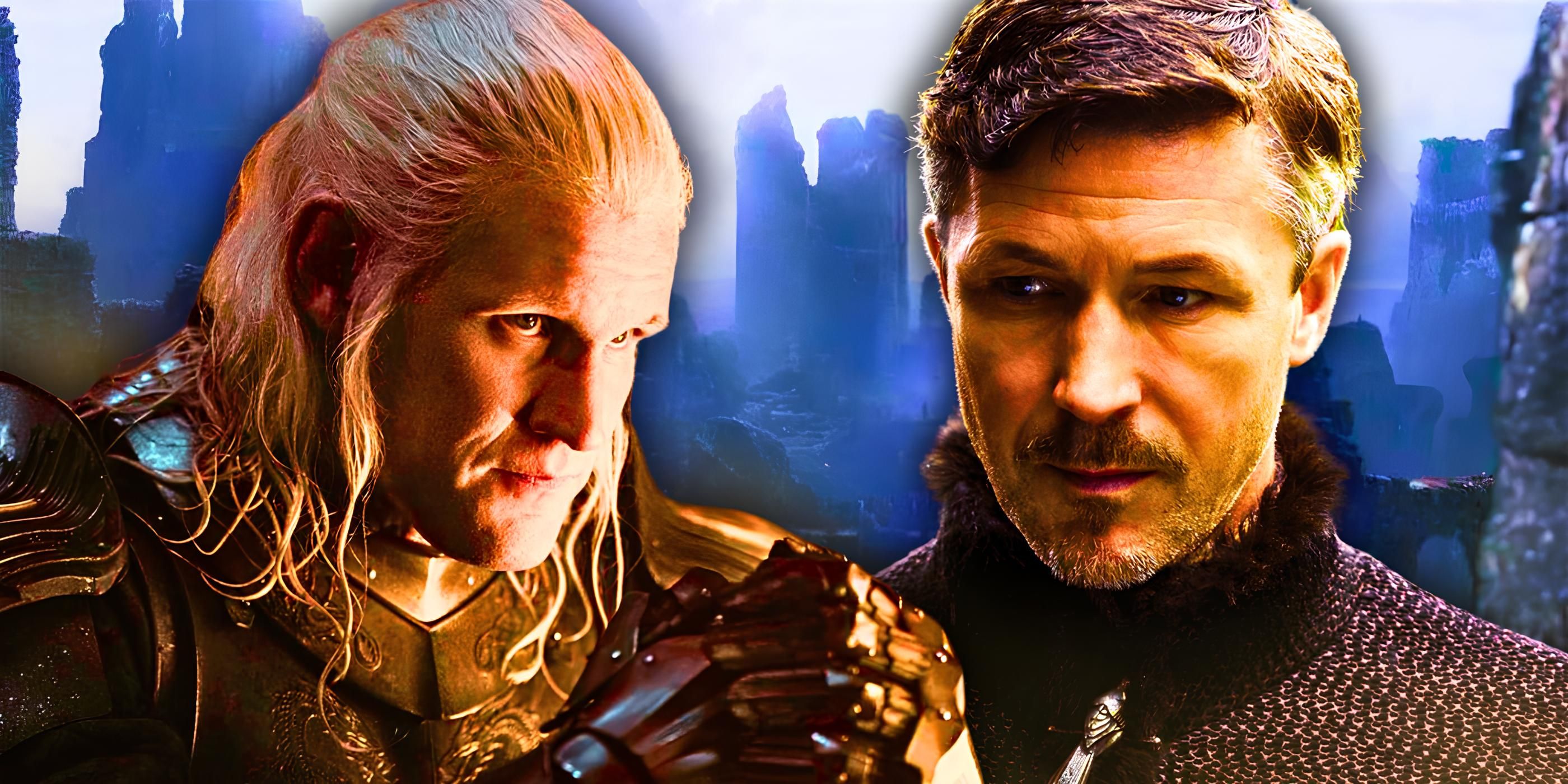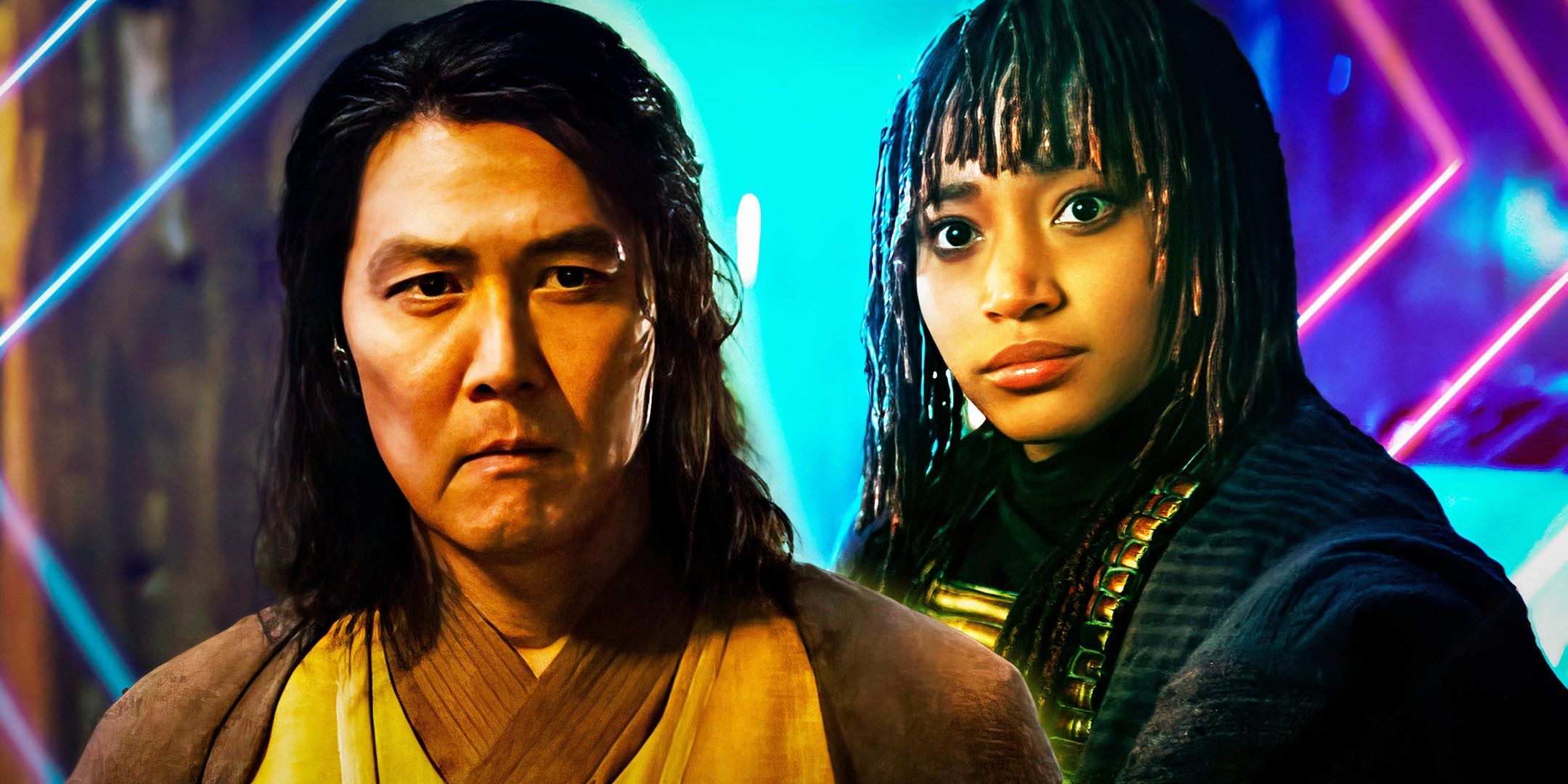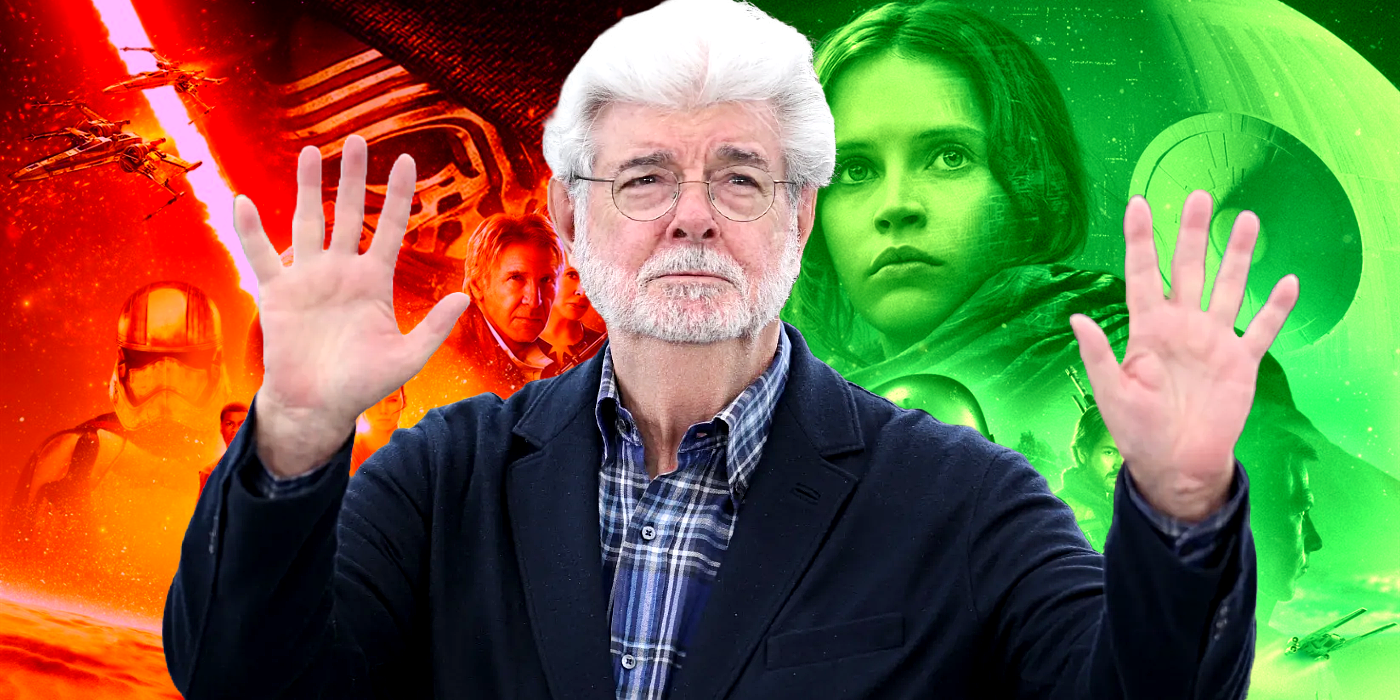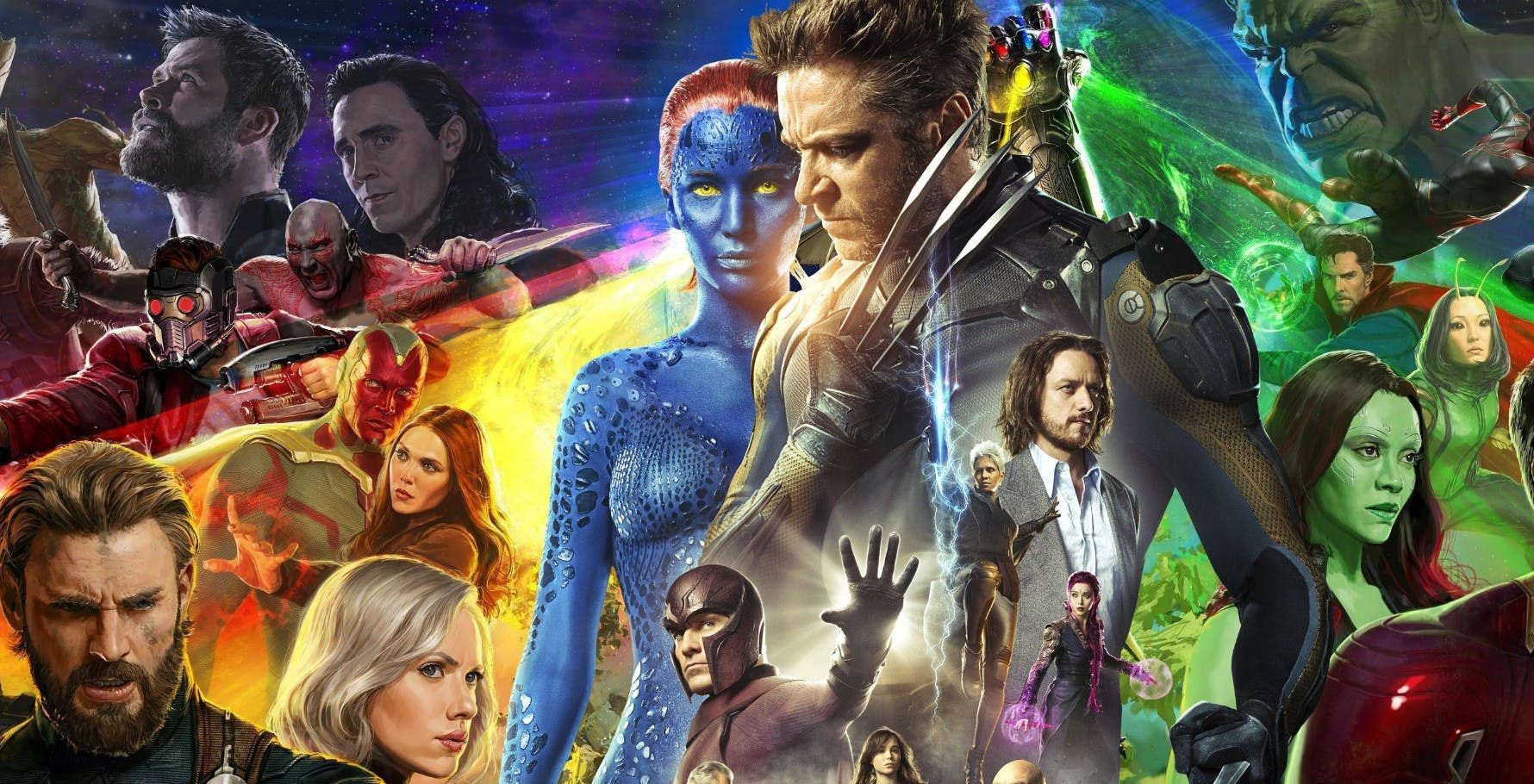While Garth Ennis and Darick Robertson‘s The Boys is one of the finest and slyest spoofs of superhero comics, it ultimately rejects a rich source of parody in the form of alien superheroes. While a pair of popular characters in the comic series are initially believed to be aliens, The Boys later walks back these narratives. In doing so, the ultimate impact of the series is reduced.
The absurdity of The Boys can be found in its skewering of the overpowered, squeaky clean, but rather shallow characters who populate superhero comic books. The one trope that Ennis and Robertson do not get to fully explore is the abundance of alien heroes in comics who give up their allegiance to their home planets in order to protect Earth and its human inhabitants. The two most obvious alien turnaround arcs like this are found in the origin stories initially presented for two members of the Seven, Jack From Jupiter and Lamplighter.
Jack From Jupiter is widely perceived as The Boys’ iteration of the DC Comics character Martian Manhunter. He is presented as alien whose superpowers are not based on Compound V or Vought, but rather due to his Martian physiology. As initially depicted, Jack From Jupiter would theoretically be able to operate independently of Vought should he deem it necessary. Similarly, Lamplighter is portrayed as a Green Lantern-like extraterrestrial assigned to Earth as part of his interstellar duties to “service and protect” all the planets on with his cosmic beat. As with Jack From Jupiter, the untold implication of an alien Lamplighter is that he is a super-powered being outside of those created, developed, and controlled by Vought. If these heroes would ever decide to oppose Vought’s directives or were persuaded to work with the Boys, Vought would have not been able to control them, nor would the Boys have any “dark secrets” to keep them in line.
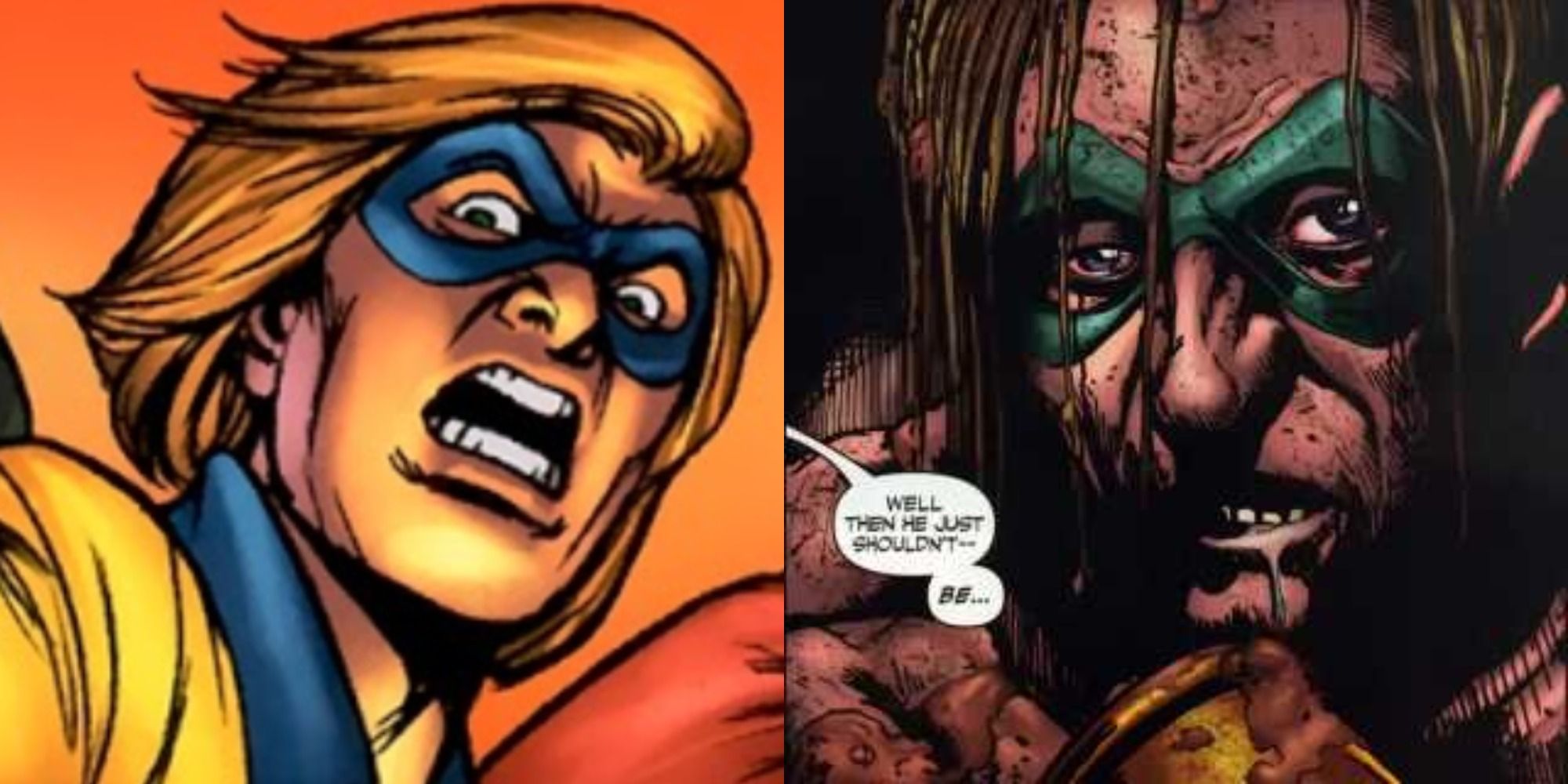
To include these potential plot points in the comic would have greatly enhanced the story by providing alternate story streams independent of the main story arc. Moreover, in terms of spoofing superhero comics, there is plenty of humor to be mined from parodying an alien who comes to believe in “truth, justice, and the American way.” However, for whatever reason, not only does the comic discontinue developing the alien superhero angle, it later eliminates it by revealing that both Jack and Lamplighter are in fact creations of Vought, who then perpetrated the idea that they are alien beings as another layer of the corporation’s underlying scheme. Despite introducing the idea of alien superpowers into The Boys universe, the creators ultimately decided to portray this as a hoax committed on a grand scale.
This is an unfortunate development from the perspective of fans. First, there is the fact that after introducing the possible existence of extraterrestrial superheroes, the creators pull the rug out from under fans by saying whatever theories they might have developed about alien life are, in essence, wrong. Second, it destroys any possibility of developing a richer, more complex story and parody of superhero comics. The possibilities of alien superheroes could only have been limited by the creators’ imagination. At the very least, their existence would add an alternative “supe” storyline. Third, it lessens the impact of the series as a parody. Traditional comics are filled with alien superhero lifeforms. To ignore this aspect of the genre is to eliminate a basic element of what makes, or should make, comics worthy of being parodied.
Make no mistake, Garth Ennis and Darick Robertson’s The Boys is a solid comic worth a read. However, understanding the creators’ other goal of using the comic to critique the fantastic world of superheroes, its choice of plot simplicity over creativity and innovation robs fans of an even better story.
